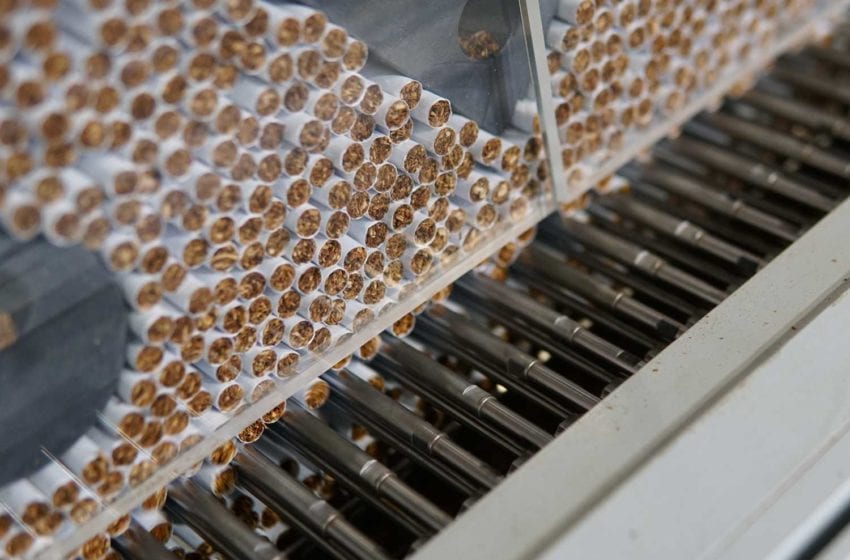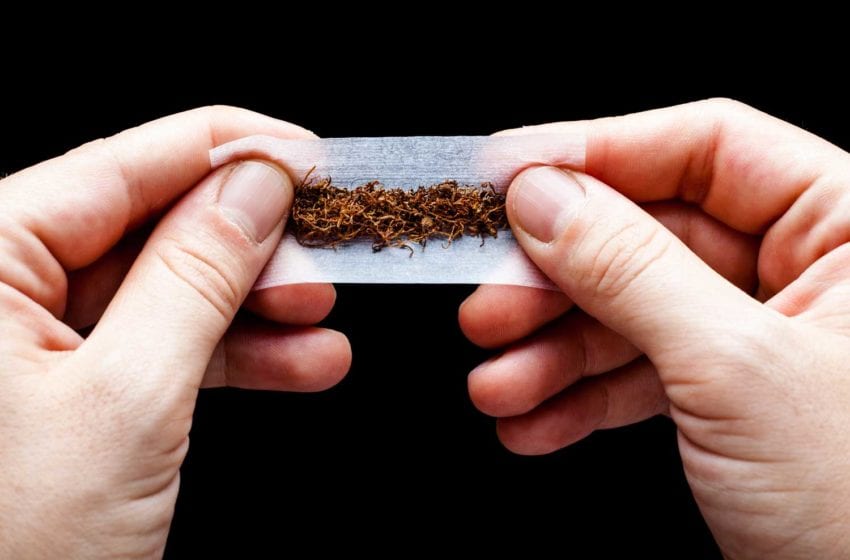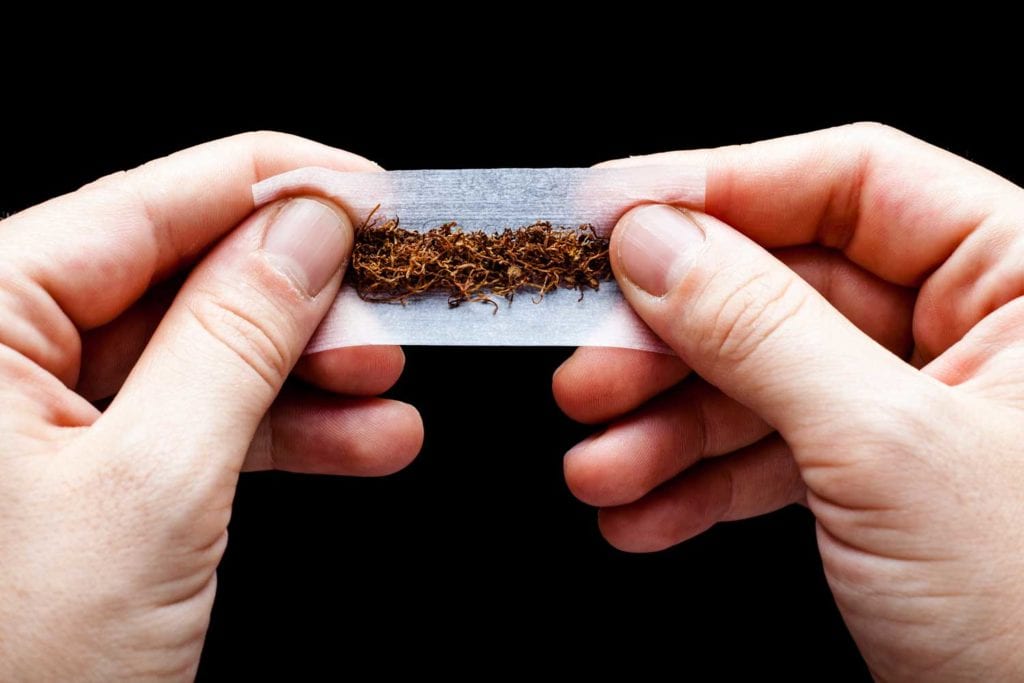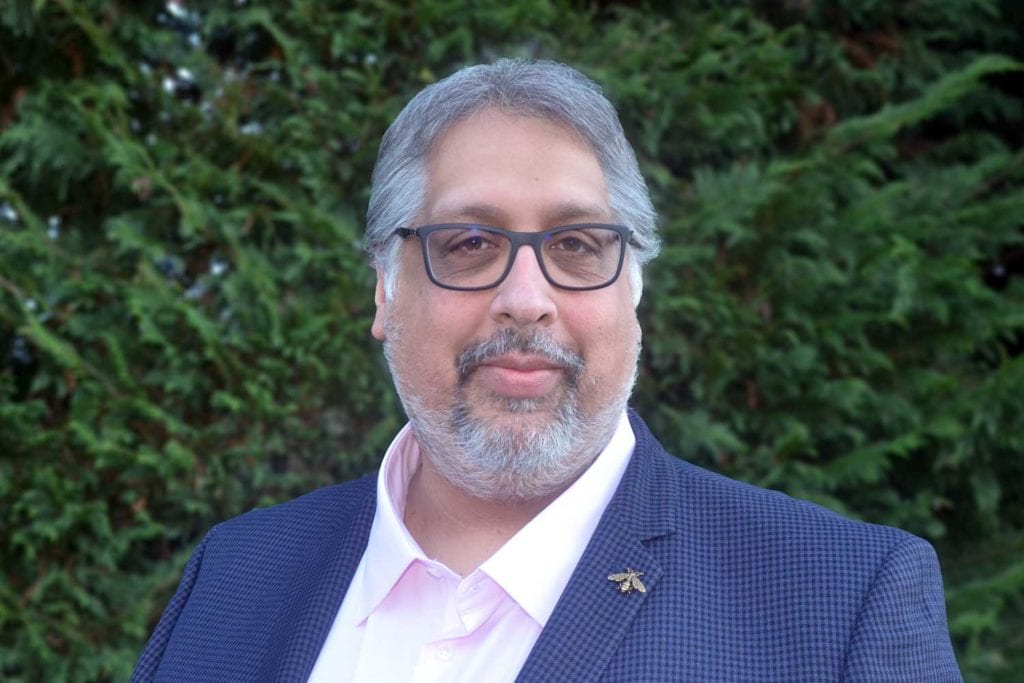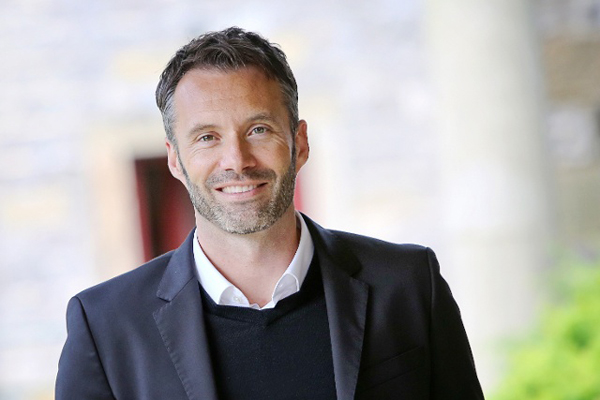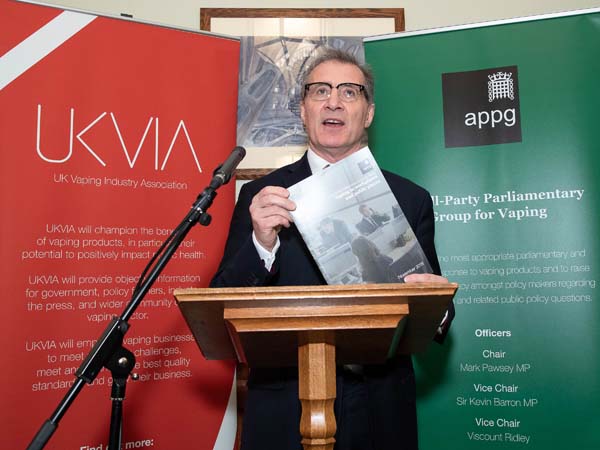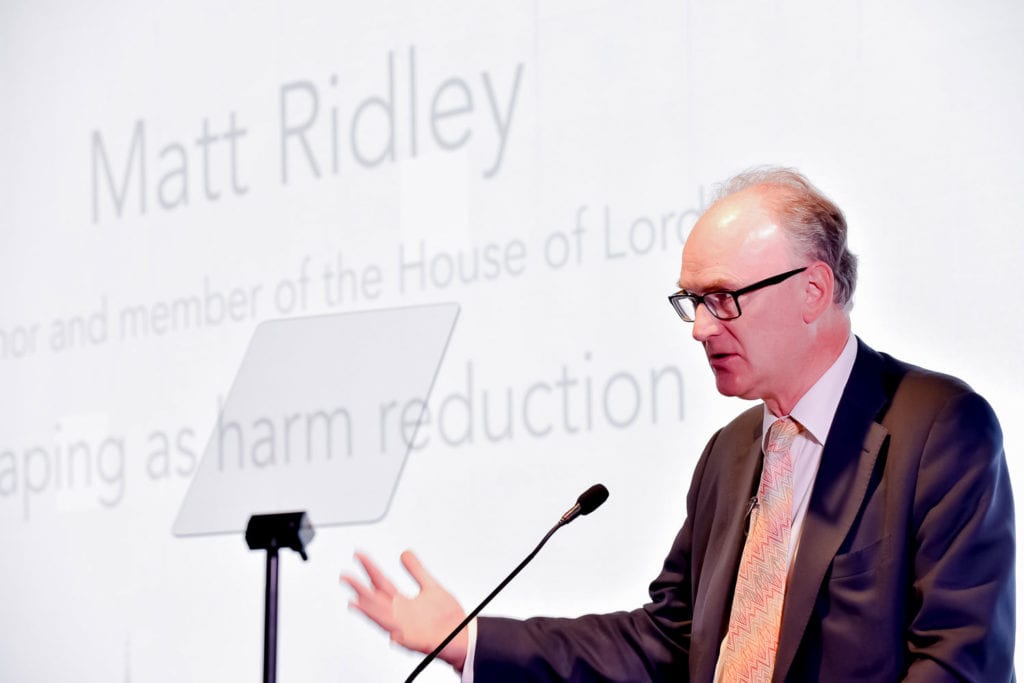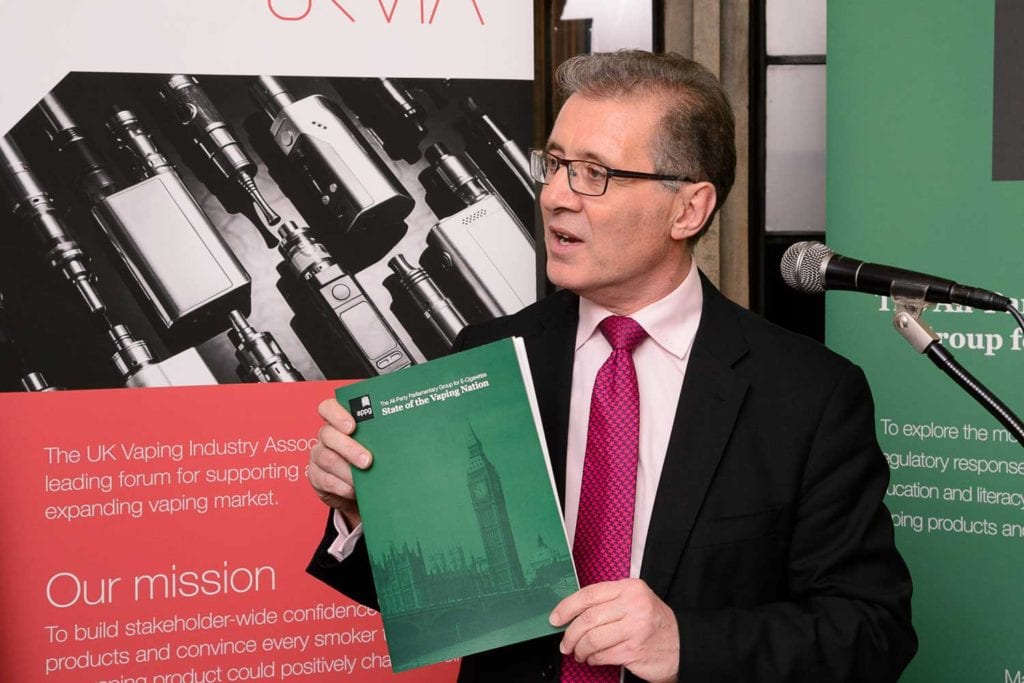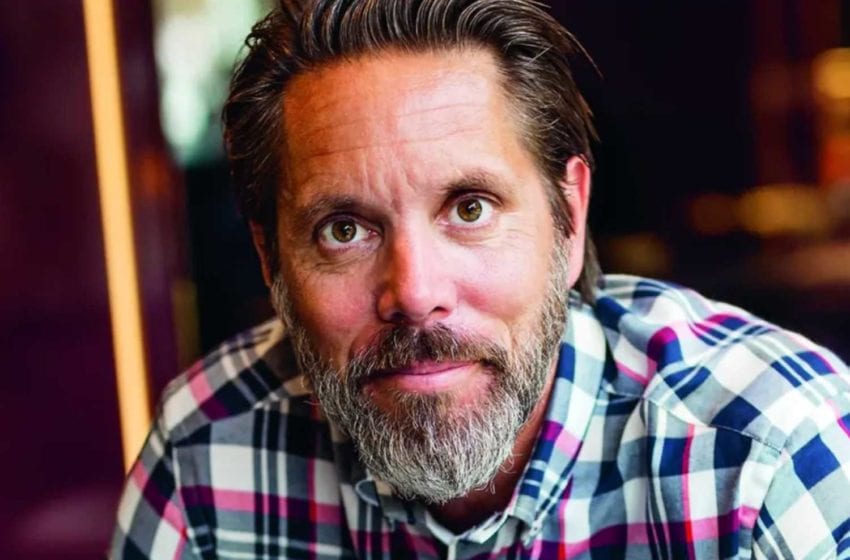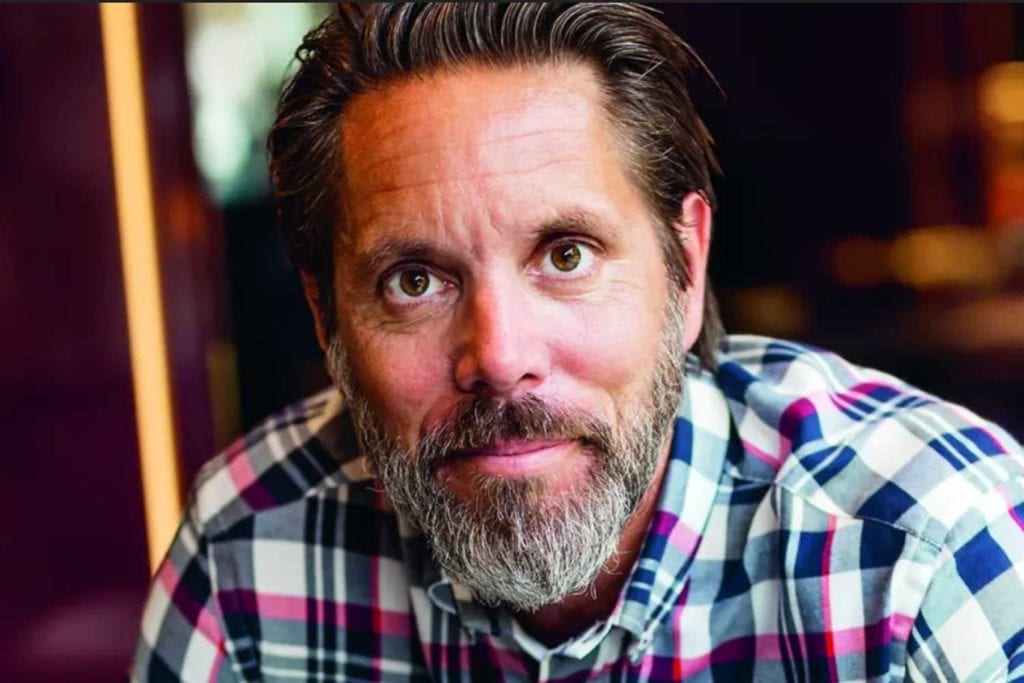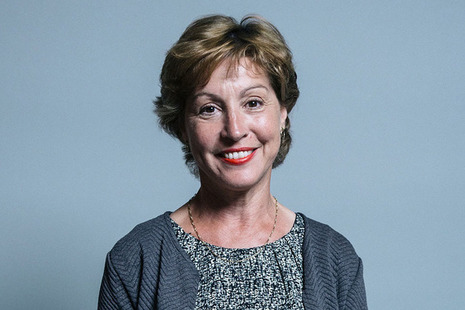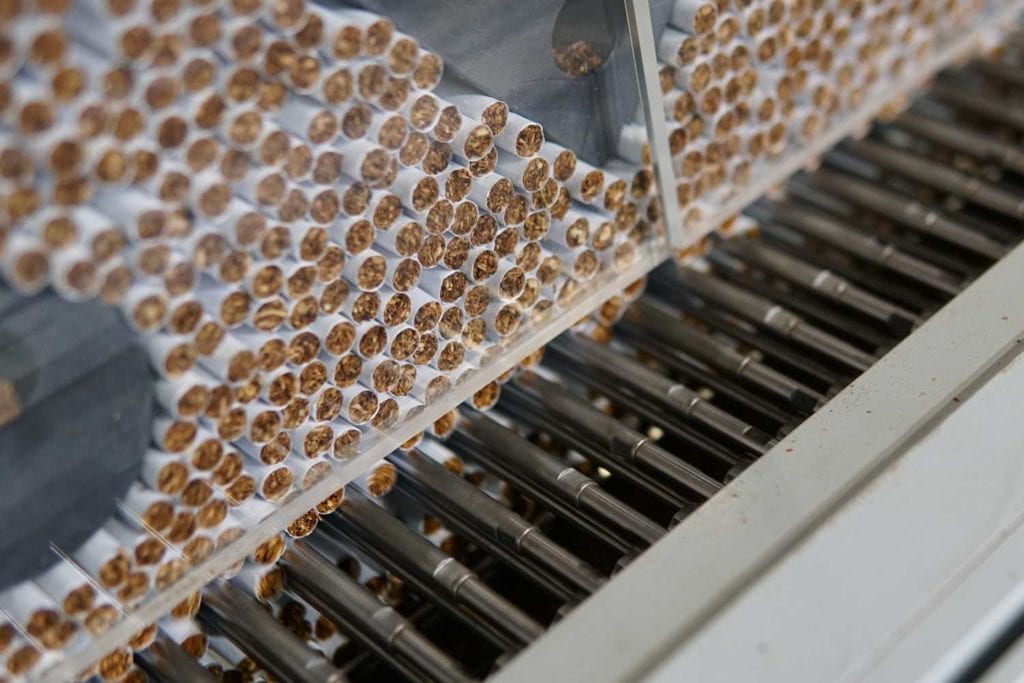
Egypt has postponed a tender for a license to manufacture cigarettes and vapor products, reports Reuters, citing industry sources.
An auction for the license, which would have ended a decades-old monopoly by the state-controlled Eastern Co., was due to be held on April 6.
“What we understand … is that the postponement is for an indefinite period … Certainly, the conditions for the auction will be changed if it is held again,” one source told Reuters.
Earlier, several bidders had asked the Federation of Egyptian Industries to change the conditions of the license.
According to the companies, the conditions protect Eastern Co.’s market share by preventing the new company from producing cigarettes at the same price point as the monopoly’s mass-market Cleopatra brand, which accounts for 98 percent of Eastern Co.’s revenues.
On March 21, the tobacco manufacturer announced that the IDA has invited companies to the tobacco industry through tendering a new cigarette production license.
The monopoly reported a 14 percent year-on-year increase in its net profit in the second half of 2020, recording EGP2.54 billion ($161.52 million).
Eastern Co.’s product portfolio includes cigarettes, cigars, pipe tobacco and molasses tobacco as well as cigarette filter rods and homogenized tobacco.

